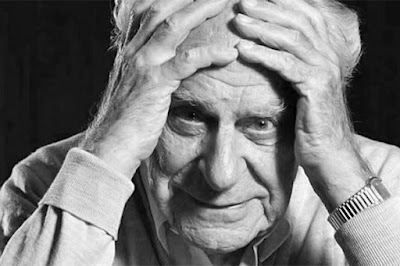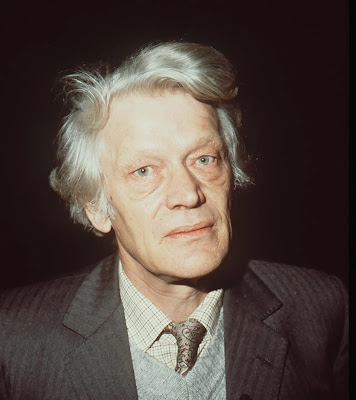This sounds like a fairly simple and parochial subject -- why are students and families losing interest in liberal arts majors like philosophy, literature, or history? But this impression is misleading. The subject is not simple: there are multiple causal processes at work, at multiple levels. Many of these have to do with shifts in cultural assumptions and norms, others concern the ways in which the media have influenced parents about what contributes to a young person's success in life, and yet others have to do with the workings of several thousand complex organizations called "universities". So in order to begin to answer the question we need to be prepared to confront diverse levels of social life, diverse systems of meaning and value, and diverse actors within university administration and faculties.
And the topic is not parochial either. It may sound as though it only concerns university planners who are having to deal with declining enrollments and revenues in important areas of curriculum, but in fact it illustrates a very general methodological problem. This is the problem of arriving at an explanation of a social outcome that is inherently associated with the complexities of conjunctural causation, multi-level social processes, influences on the mentalities of the individuals and groups of individuals within a population, and and analysis of the strategies and actions of university leaders and faculty members, at a huge range of colleges and universities.
In other words, the question is a good example of the difficulties associated with answering apparently simple questions about multi-layered and multi-causal social processes.
Let's simplify a bit in order to identify some of the actors whose beliefs and actions have contributed to the "decline of the English major". We can identify a handful of major players: parents whose advice and financial support to their children have a great deal of influence on the student's goals and educational choices; media critics who have an axe to grind with universities and their leaders; politicians who are actively hostile to the liberal arts precisely because of the independent thinking fostered by disciplines like philosophy, history, and anthropology; university leaders who are too quick to try to solve financial problems by reducing resources to liberal arts departments and faculty members; and sometimes faculty members in the liberal arts themselves who have failed to make the case for the deep value offered by a liberal education in these disciplines.
Add to that the priorities often expressed in research universities that place great weight on publication records and little weight on successful engagement with students, and we have something like a perfect storm for the liberal arts: a public that no longer believes in the "career" value of a liberal arts degree, university administrators who are willing to shift teaching resources to more "practical" fields, and some elements of faculty culture that express a lack of concern for broad intellectual and personal growth in their classes. Demand falls, supply shrinks, and, in the worst case, the quality of the product from the perspective of the sophomore or junior student declines as well.
We must also consider some threads of American popular culture that cast suspicion on "pointy-headed intellectuals" and the universities who cultivate them -- what a particularly venal US vice president called "nattering nabobs of negativism". A strident (and often highly insincere) version of anti-elitism is a feature of right-wing populism. (We can say insincere, because leading right-wing populist firebrands like Donald Trump (Wharton), Ted Cruz (Princeton, Harvard), Josh Hawley (Stanford, Yale), and Elise Stefanik (Harvard) are all graduates of elite institutions.)
I raise this question to illustrate a deep feature of the general problem of "explaining social events and outcomes". In chemistry or biology there are many unsolved problems needing scientific explanation. But in a fairly routine sense we know what to look for in seeking an explanation of a puzzling natural phenomenon: the properties of the constituents and the causal relations that exist among them. The domain of sociological puzzles seems to be vastly more complex, disorderly, and uncategorizable than that of natural phenomena. Social outcomes are vastly more diverse and heterogeneous than the universe of natural phenomena. Wherever we look we find new puzzles, and only rarely do the new questions yield explanations based on paradigm answers to other questions. Rather, we are forced to provide substantial descriptive detail and then piece together multi-level explanations that depend unavoidably on the specifics of the case. Causal influences emerge at a range of levels -- just as we have seen in the case of declining enrollments in the humanities. Many of those influences are conjunctural -- they depend upon the simultaneous occurrence of other independent causal influences -- and the occurrence of the outcome itself is highly contingent.
This understanding of the variety of sociological research questions has some affinity with Karl Popper's "situational logic". Explanations begin with historically contingent situations, within which actors both individual and collective act and interact. However, Popper's account is hampered by its commitment to methodological individualism: for Popper it is individual rational actors who confront "situations". On the view taken here, it is the total situation and the actions and responses of both individual and collective actors (organizations, movements) that constitute a sociological explanation of the outcome.
(Here is a thoughtful piece from the Harvard Crimson in 2022 that treats the fortunes of the humanities at Harvard in detail; link.)






